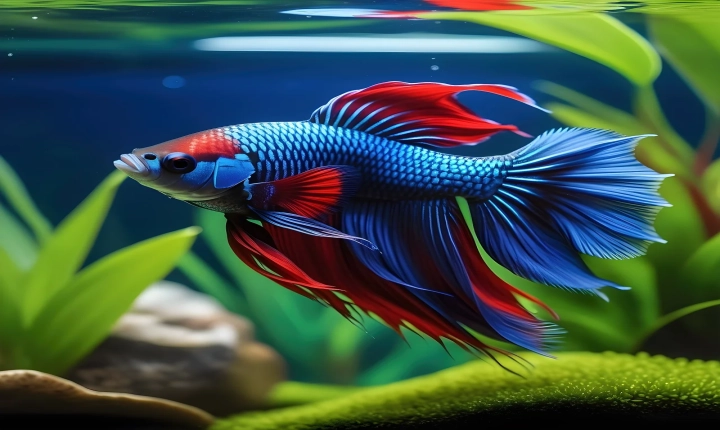Title: The Art and Science of Creating AI-Generated Music
In the age of artificial intelligence (AI), the boundaries of creativity are being pushed beyond what was previously thought possible. One such area where AI is making significant strides is in the field of music composition. AI-generated music, once a novelty, is now becoming increasingly sophisticated and is capturing the attention of musicians, producers, and music enthusiasts alike.
So, how exactly do people make AI-generated music? The process is a fascinating blend of creativity and technology, where humans collaborate with machines to produce music that is both innovative and captivating.
Data Collection and Training
At the heart of AI-generated music lies the vast amount of data that is collected and used to train machine learning algorithms. This data can come in the form of existing music tracks, sheet music, MIDI files, or even just raw audio recordings. These datasets serve as the raw material for AI systems to learn from and understand the patterns, structures, and nuances of music.
Algorithm Development
Once the data is collected, machine learning experts and musicologists work together to develop algorithms that can analyze, interpret, and generate musical compositions. These algorithms can range from simple pattern recognition models to complex neural networks that are capable of creating original music with minimal human intervention.
Collaboration with Musicians
While AI systems can autonomously generate music, many creators choose to collaborate with human musicians and composers to infuse the final product with a human touch. Musicians can provide artistic input, feedback, and creative direction to the AI-generated compositions, ensuring that the music resonates with human emotions and sensibilities.
Refinement and Iteration
The process of creating AI-generated music is iterative, with constant refinement and improvement being essential. After an initial composition is generated, it is often reviewed by human experts, adjusted, and refined to achieve the desired artistic vision. This iterative approach ensures that the music remains true to the creator’s intent while harnessing the power of AI for innovation and originality.
Challenges and Ethical Considerations
Despite the potential for groundbreaking innovation, the use of AI in music creation also brings forth a set of challenges and ethical considerations. Questions about copyright, artistic ownership, and the ethical implications of AI-generated music continue to be topics of debate within the music industry and the broader public.
The Future of AI-Generated Music
As AI continues to evolve, the future of AI-generated music holds immense promise. AI is poised to revolutionize the way music is composed, produced, and consumed, offering new avenues for creativity and self-expression.
In conclusion, the process of creating AI-generated music is a dynamic synergy between human creativity and technological advancement. It represents a new frontier in music composition, one that holds the potential to redefine artistic expression and bring forth a wave of innovation in the music industry. As AI continues to make strides in this field, the possibilities for new and transformative musical experiences are boundless.
